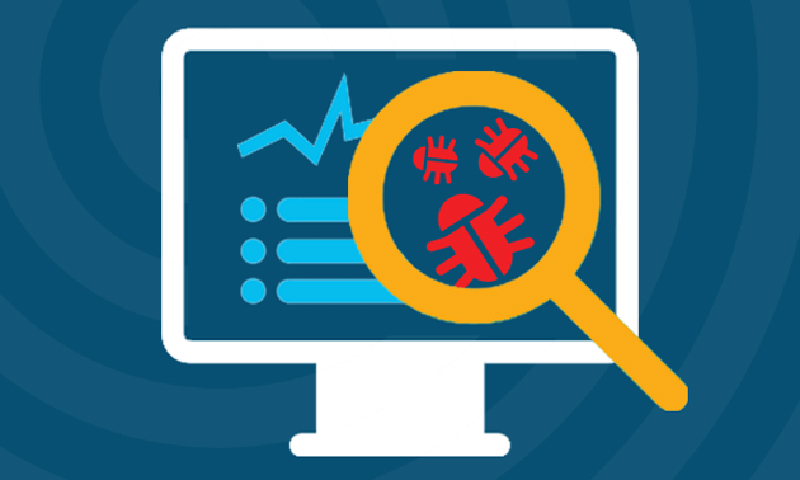

MUSCAT, Dec 22 - In 2020, an average of 360,000 new malicious files were detected per day — an increase of 5.2 per cent when compared to the previous year, according to a report by Kaspersky. Driving this growth a large increase in the number of Trojans (malicious files capable of a range of actions, including deleting data and spying) and backdoors (a specific type of Trojan that gives attackers remote control over the infected device): a 40.5 per cent and 23 per cent increase respectively.
The company’s detection systems discovered an average of 360,000 new malicious files every day over the past 12 months —18,000 more than the previous year (a 5.2 per cent increase) and up from 346,000 in 2018. 60.2 per cent of those malicious files were non-specific Trojans. In general, the percentage of Trojans detected increased by 40.5 per cent when compared to the previous year.
There was also a noticeable increase in the number of backdoors detected, as well as worms (malicious programmes that self-replicate on your system), written in the VisualBasicScript language and usually belonging to the Dinihou malware family.
On the decline were adware (programmes that bombard you with advertisements), which experienced a 35 per cent decrease when compared to 2019.
The vast majority of malicious files detected (89.80 per cent) occurred via Windows PE files — a file format specific to Windows operating systems.
At the same time, the number of new malware related to Android operating systems declined by 13.7 per cent. Given that many people were working and studying from home, most likely on computers and laptops, attackers appear to have shifted their focus to these devices.
“Over the past year, our detection systems discovered far more new malicious objects than they did in 2019. Due to the pandemic, users from around the world were forced to spend more time on their devices and online. It’s hard to know whether or not attackers were more active or our solutions detected more malicious files simply because of greater activity. However, if users take basic security precautions, they can significantly lower their risk of encountering them,” comments Denis Staforkin, a security expert at Kaspersky.
Oman Observer is now on the WhatsApp channel. Click here



